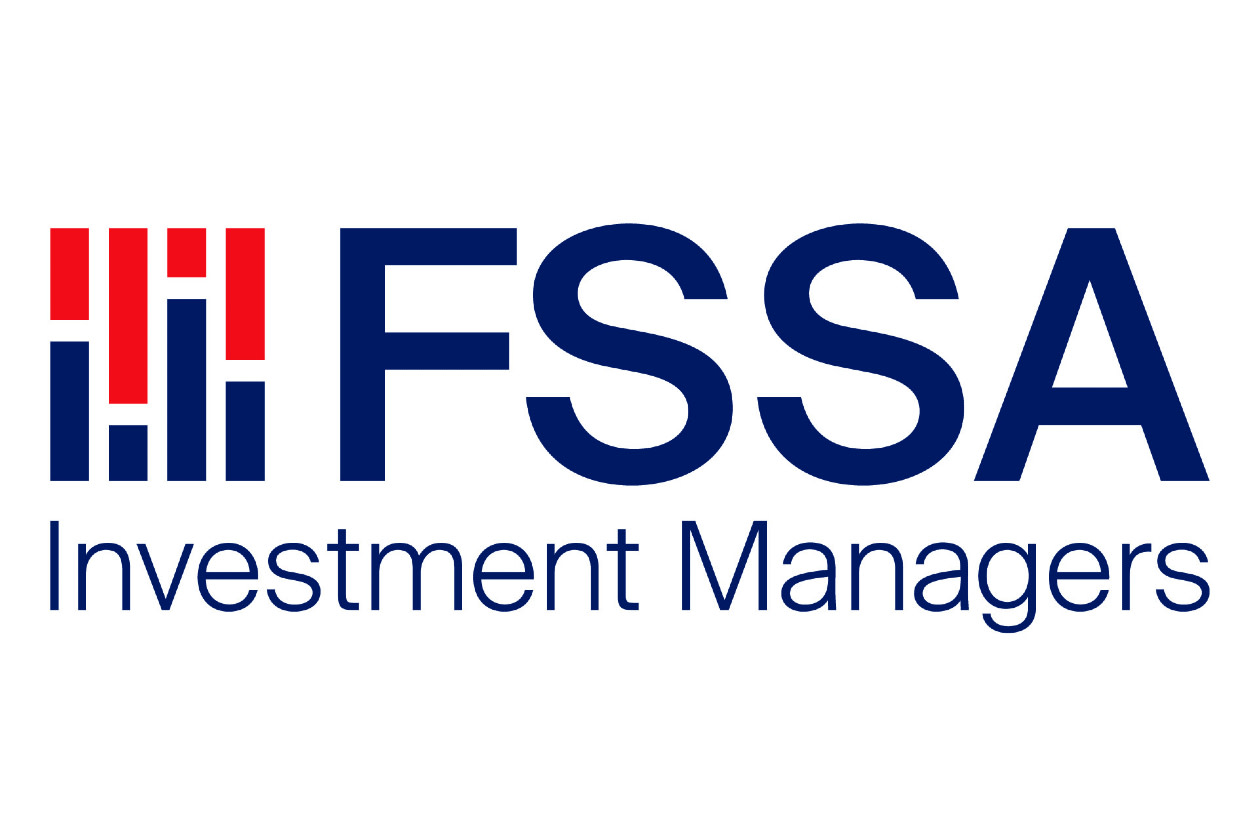Helen Chen has recently taken on the role of lead fund manager
We like the culture at FSSA – the managers view themselves as stewards of investors’ capital and look after it as if it were their own
Fund performance has been weak compared to its benchmark recently, but has done well over the long term
This fund features on our Wealth Shortlist of funds chosen by our analysts for their long-term performance potential
How it fits in a portfolio
FSSA Greater China Growth aims to deliver long-term capital growth by investing in companies based in, or conducting most of their business in, China, Hong Kong or Taiwan. The team’s conservative investment approach means we typically expect more stability in returns compared with the benchmark and peers in the IA China/Greater China sector, though any investment in China should be expected to be volatile.
We think the fund could form part of a broader global investment portfolio or diversify other investments in Asian and emerging markets. China has long-term growth potential, but a fund focused on a single emerging country is a high-risk option so investors should expect volatility and it should only make up a small part of an investment portfolio.
Manager
Helen Chen joined FSSA in 2012 and has been this fund’s lead manager since March 2025. She was previously appointed co-manager in July 2019 and has continued to develop as an investor under the guidance of Martin Lau, previous lead manager of this fund, and other experienced members of the team. Chen also manages two other funds that invest in China. They invest in a similar way, with many of the same investments in all funds, so we’re comfortable this is a manageable workload.
Lau was lead manager of this fund from its launch in 2003 before stepping back to his current role of co-manager when Chen became lead. Lau is a highly regarded fund manager and has invested across Asia for more than two decades, with a particular focus on China, an area he specialises in. While Lau will continue to work closely with Chen, he’s no longer the final decision maker on which companies are invested in within the fund. These decisions now rest with Chen, as does how much to invest in each company.
The managers are supported by a diverse team, who all follow the same investment philosophy. They all contribute investment ideas and provide important challenge before any investment is made.
Meet the manager: Helen Chen
Process
FSSA’s philosophy centres around ‘quality’. The definition of quality is subjective but to Helen Chen and the team at FSSA, they believe that the management in charge is the most important aspect. That’s why they try to find companies run by reputable management teams that don't take unnecessary risks in the pursuit of short-term gains.
Their process hunts for companies that have the potential to grow earnings sustainably over the long run. This means they should have a competitive advantage that others struggle to replicate, such as a well-known brand or the ability to raise prices for their products without affecting demand from customers.
The managers’ high-conviction approach means the fund can look very different to its benchmark. Technology companies are the largest allocation in the fund at 24.4%, although this amount is less than the benchmark. They currently invest more than the benchmark in industrials and consumer cyclical companies.
Most of the fund invests in China and Taiwan. The current 61% invested in China is slightly more than in the benchmark while the 29% in Taiwan is less. While the fund mainly invests in larger companies, it can also invest in some higher-risk smaller companies.
Since Chen became lead manager she has made some changes to the fund. She bought shares in Kanzhun and Meituan, two companies that provide services in recruitment and retail through mobile apps. Chen already invests in both of these companies in her other China funds. Investments in ENN Energy and CK Hutchinson were among those sold to create space for these ideas.
When making any investment, the managers take a long-term view. Therefore, they don’t tend to make too many changes from year to year. They often sell shares in companies that have performed well and could have less room to grow in future and buy more shares in companies that have been weaker but still have growth potential.
Culture
We like the culture and philosophy that's been cultivated at FSSA, which forms part of the broader First Sentier Investments group. The team is made up of investors dedicated to looking after clients' money as if it's their own.
FSSA places emphasis on recruiting and maintaining great people. Every team member is an advocate of the overriding philosophy. At the same time, their individual personalities are allowed to shine, and they're encouraged to bring their own ideas to the table.
First Sentier Investments was acquired by Mitsubishi UFJ, a Japanese bank, in 2019. Takeovers can sometimes lead to disruption and corporate change, though positively FSSA remains an independent investment team.
ESG Integration
For the team at FSSA, Environmental, Social and Governance (ESG) considerations are much more than a label or box to be ticked. Taking these factors into account is a natural extension of the same investment process they’ve used for decades. The team’s philosophy is founded on stewardship – when they make an investment, they see themselves as part-owners of the business and want to make sure it’s run in a way that’ll benefit all shareholders.
ESG issues form a core part of this. For example, they don’t like companies that make reckless decisions in the pursuit of short-term gains, rather than focusing on longer term, more sustainable growth. A business shouldn’t exploit its workforce, take advantage of tax loopholes, or skirt around industry legislation. Importantly, it should cause little, if any, harm to the environment around it. FSSA has made a firm-wide commitment not to invest in companies whose primary business is to make cigarettes (or other tobacco products), or controversial weapons.
The team also engages closely with company management. It helps them make sure management remain on track with sustainability initiatives and means they can encourage a change in behaviour if required. If they don’t think a business meets their standards, or is doing enough to address a problem, they won’t invest. The firm produces an annual Responsible Investment report, and a Stewardship report.
These reports outline the firm’s voting record, provide engagement updates and case studies, and present other ESG-focused research.
While the team at FSSA integrate ESG risks into their company assessments, this fund isn’t a sustainably invested fund.
Cost
This fund has an ongoing annual charge of 1.09%, but we’ve secured a discount for HL clients of 0.05%. This means you will pay a net ongoing charge of 1.04%.
The fund discount is achieved through a loyalty bonus, which could be subject to tax if held outside of an ISA or SIPP. The HL platform fee of 0.45% per year will also apply, except in the HL Junior ISA, where no platform fee applies.
Performance
Since Helen Chen became co-manager of the fund in July 2019, it’s returned 5.70%*. This is less than the MSCI Golden Dragon benchmark, which has grown 13.85%, but ahead of the IA China/Greater China sector, where the average fund has lost 9.11%. Investors should note that most of this performance is attributable to Martin Lau and his tenure as lead manager. Past performance is not a guide to future returns.
As with any investment in emerging markets, investing in China can be more volatile than developed market investing. Chen and the team try to take a more conservative approach in managing the fund, which means it could lose less than other China funds in a falling market. They do this by investing in companies they think will see consistent demand for their products or services and prosper over the long term. This means the fund has tended to hold up relatively well when markets have been weaker, but lag when markets have risen strongly.
Over the past 12 months the fund lost 2.81%. This was behind both the MSCI Golden Dragon index and IA China/Greater China sector, which returned 11.72% and 6.39% respectively.
The fund is behind the average in its sector partly because it invests across both China and Taiwan. In the last year, the Chinese market has performed much better than Taiwan. This means funds investing only or more in China than Taiwan have tended to perform better. In the past, the Chinese and Taiwanese stock markets have performed more similarly, but during periods where there is a significant difference, such as the last 12 months, this fund will perform differently to those that invest only in China.
The fund is behind the MSCI Golden Dragon index mainly because the index has 17.34% invested in Taiwan Semiconductor Manufacturing Co (TSMC). The company has performed strongly in recent years, however, all funds in the IA sector are limited to a maximum investment of 10% in any individual company. Therefore, despite TSMC being one of the fund’s largest investments, the managers can’t invest as much as what’s in the benchmark, which means the fund also hasn’t benefited as much.
Some investments that have done well in the last year include Hongfa Technology, a manufacturer of electrical relays and capacitors, China Mengniu Dairy and China Merchants Bank. The fund’s investments in clothing manufacturer Shenzhou International and medical company Shenzhen Mindray were detractors from performance. The fund was also hurt by not investing in the Chinese e-commerce company Alibaba, which performed well over the last 12 months.
As with any fund manager change there will be changes to the way the FSSA Greater China Growth fund is managed. Chen’s other China funds have tended to be more volatile (experience more ups and downs) and perform better than the broader market when it’s rising but not hold up as well when it falls.
The Greater China Growth fund has tended to take a more conservative approach. We therefore expect the fund to be more volatile under the leadership of Chen but still expect her to use the same broader investment philosophy and process that has been used by the team over many years.
We continue to have conviction that Chen and the team have the potential to perform well over the long term, due to a robust and longstanding investment process that has been used successfully over the long term.
Annual percentage growth
Apr 20 – Apr 21 | Apr 21 – Apr 22 | Apr 22 – Apr 23 | Apr 23 – Apr 24 | Apr 24 – Apr 25 | |
|---|---|---|---|---|---|
FSSA Greater China Growth | 39.42% | -15.52% | 1.11% | -5.95% | -2.81% |
MSCI Golden Dragon | 32.46% | -20.71% | -5.66% | 2.79% | 11.72% |
MSCI China | 24.94% | -29.55% | -5.75% | -6.24% | 18.55% |
MSCI Taiwan | 67.29% | -1.35% | -7.66% | 31.81% | 3.16% |
IA China/Greater China | 34.11% | -24.60% | -7.50% | -10.49% | 6.39% |


